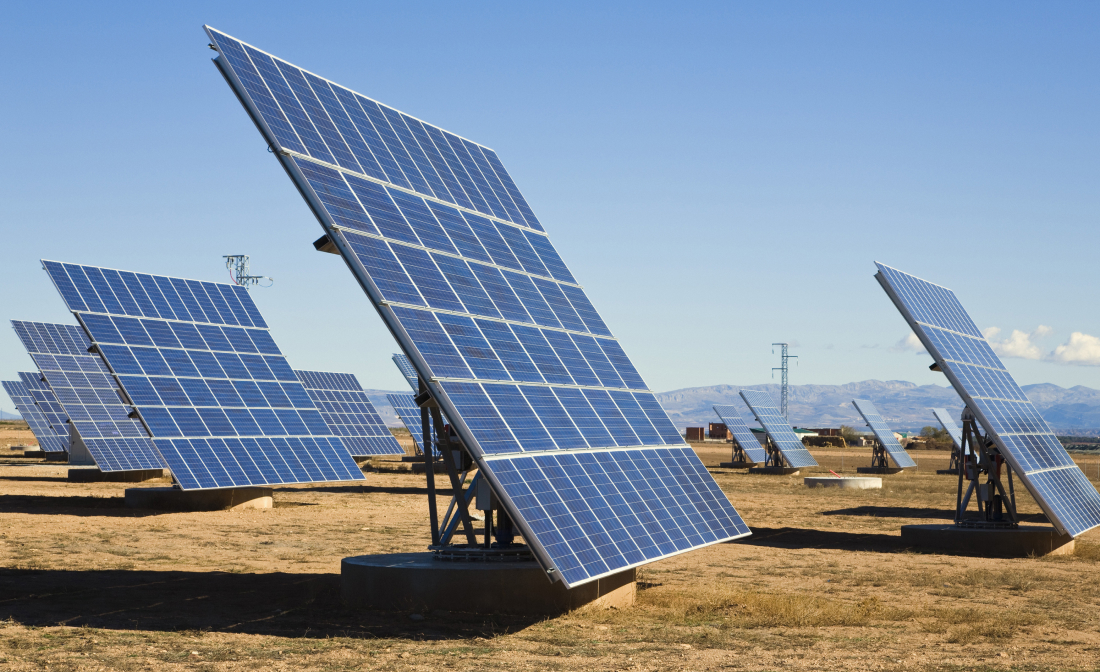Renewable energy is on the rise in Germany as the European Union is shifting towards more sustainable energy production. It’s a quickly emerging industry with 41% of all electricity being generated from renewable energy sources in 2021. Germany is firmly on its way to reach an ambitious goal of reaching carbon neutrality by 2050.
We have contacted Tom Roidl, a Managing Director at Doc Brown GmbH and asked him a few questions to know more about the solar energy market in Germany.
How would you describe the current situation in the solar energy market in Germany?
To begin with, it is definitely a rapidly developing industry today. You know, in Germany, we’ve jumped on this eco train. The Green Party has gained in popularity in recent years. We are looking for ways to decrease our carbon footprints and as people are thinking how we can do this, renewable energy sources have become a huge thing.
Besides, the environmental factor is now also complimented by the political factor. Germany can no longer get cheap energy from Russia. As a result, gas prices are going through the roof and it's getting more and more rational to become your own energy supplier.
For example, the alternative is to have your own solar power plant on your roof. And of course, this industry is now booming in Germany. More and more people are wanting to buy solar power. And it’s true not only for individual households—but also for businesses.
So, one could say that this shift to the alternative energy sources was sparked off from the outside. Society pushes companies to find other ways to get energy. And it's a hot topic not only in Germany, but also in Europe and worldwide. It's sort of an evolution of global solar energetics.
What about the providers of solar energy solutions? What technology do they use?
There are various types of companies in solar energetics. For example, there are a number of manufacturers that act as retailers as well. There are also implementers— they don't produce anything, but they do wholesale, retail and provide services. So, even for service companies, this often entails stocking, inventory, procurement, etc.
For example, we have clients who do their own warehousing. They import goods from China and do distribution and wholesale in Germany. But then, there are smaller ones that just buy equipment, and then sell and implement it.
These companies have a lot of different issues that you don't see with traditional service providers because they have to get the product, they have to stock the product, to do the sales, to implement the product and then they have to do the post-sales maintenance with warranty. So, to put it short, they have all kinds of processes that can be digitized.
We can see a lot of new businesses in the market that have emerged recently, and they understand the need for technology very well. But I think some of them could be working a lot more efficiently if they had the right ERP system in place. This is still a very young market, it's very dynamic and technology-friendly, and there’s an obvious need for ERP solutions.
What are the most crucial challenges in the solar energy market right now?
The thing is, it’s a highly competitive market. There’s plenty of vendors out there who sell solar panels, so there is a really high demand for solar panels manufacturers. You know, everybody wants them, but you not only need to get the equipment, you also need to have customers lined up to purchase them. So, it is a bit of a risk that you're taking on, and the prices keep changing.
And then, there is this issue of outdated technology used for business management. Here’s a real-world example. This year I needed to buy a steel fence and approached a company that's one of the largest fence manufacturers in Germany. And as I was choosing a fence, the prices have been changing on a daily basis.
I was talking to their sales consultant who was doing the whole process for me. Basically, they do all the accounting in Excel and they were handing clients Excel sheets as price lists. Since the prices were changing every now and then, they had to reach out to customers and update their sheets.
So it got really chaotic. The salespeople were upset because they had to check their emails every hour. Then somebody sends the wrong price list, and they have to contact the customer again. And then, how would they know which customers got the old price list and which got the new ones.
They have a great product and a great price, but there are issues with customer service and their processes organization. So it made the salesperson unhappy and it made me as a customer very unhappy. I did buy the fence in the end because they had the best quality at the best price. But my experience definitely lacked consistency.
That could have been otherwise if they had an internal management system other than Word and Excel.
Perhaps, ERP providers need to somehow educate businesses on how they could improve their processes by using the appropriate technology.
Yes, absolutely. This is all about education. In Germany, we have a kind of substitution market in most industries, so they already have a commonly used ERP system in place.
I should say, quite often, these solutions are very cumbersome and expensive. When it comes to ERP platforms, for sure there is one big German vendor that has the biggest market share in Germany, but they're not always the best product at the best price.
However, in the solar industry, as it’s relatively new, they're still learning about how to organize their processes and everything. So most of them, or, at least, some of them are first-time users of such an IT system.
